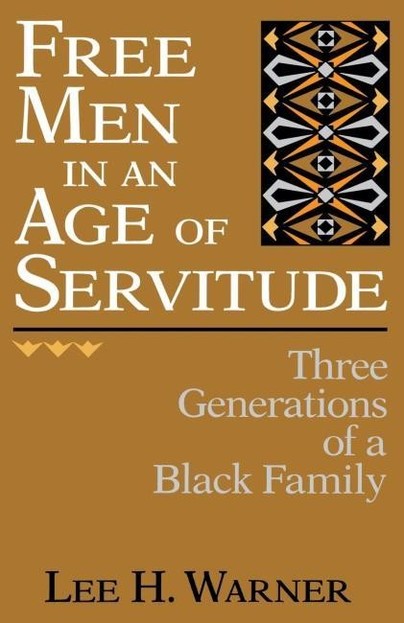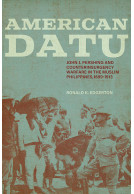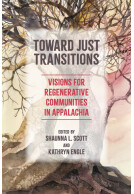Free Men in an Age of Servitude (Paperback)
Three Generations of a Black Family
Imprint: University Press of Kentucky
Pages: 176
ISBN: 9780813155241
Published: 15th July 2014
Script Academic & Professional
Pages: 176
ISBN: 9780813155241
Published: 15th July 2014
Script Academic & Professional
This book will be reprinted and your order will be released in due course.
You'll be £18.00 closer to your next £10.00 credit when you purchase Free Men in an Age of Servitude. What's this?
+£4.99 UK Delivery or free UK delivery if order is over £40
(click here for international delivery rates)
Order within the next 5 hours, 22 minutes to get your order processed the next working day!
Need a currency converter? Check XE.com for live rates
(click here for international delivery rates)
Order within the next 5 hours, 22 minutes to get your order processed the next working day!
Need a currency converter? Check XE.com for live rates
Freedom did not solve the problems of the Proctor family. Nor did money, recognition, or powerful supporters. As free blacks in eighteenth- and nineteenth-century America, three generations of Proctor men were permanently handicapped by the social structures of their time and their place. They subscribed to the Western, middle-class value system that taught that hard work, personal rectitude, and maintenance of family life would lead to happiness and prosperity. But for them it did not -- no matter how hard they worked, how clever their plans, or how powerful their white patrons.
The eldest, Antonio, born a Spanish slave, became a soldier for three nations and received government recognition for his daring and his skills as a translator. His son, George, an entrepreneur, achieved material success in the building trade but was so hampered by his status as a free black that he eventually lost not only his position in the community but his family. John, George's son, seized the opportunity proffered by Reconstruction and spent ten years in the Florida state legislature before segregation forced him to return to the life of a tradesman.
Warner describes the Proctor men as "inarticulate." They left no personal papers and no indication of their attitudes toward their hardships. As a result, this work relies heavily on local government documents and oral history. Inference and intimation become vital tools in the search for the Proctors. In important ways the author has produced a case study of nontraditional methodology, and he suggests new ways of describing and analyzing inarticulate populations.
The Proctors were not typical of the black population of their era and their location, yet the story of their lives broadens our knowledge of the black experience in America.
Other titles in University Press of Kentucky...















